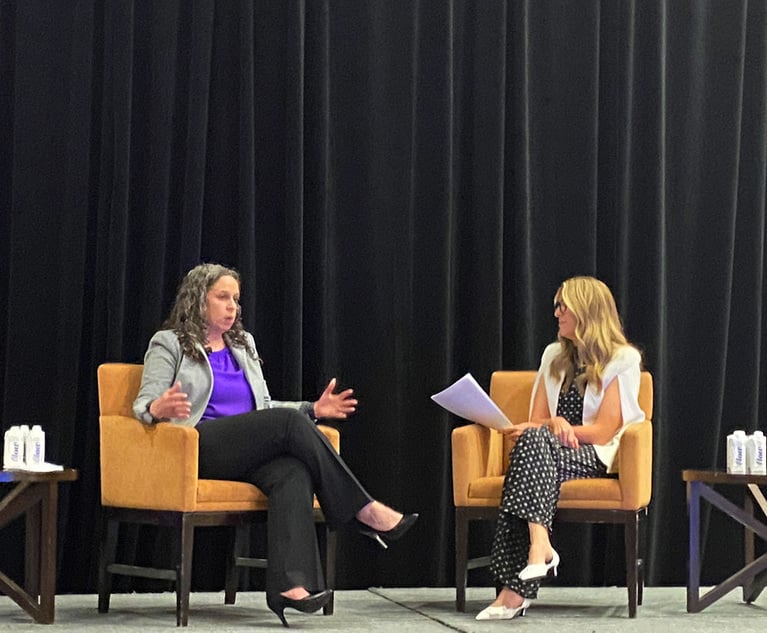Shifting outside legal work from the usual Big Law suspects to smaller, more diverse boutique law firms is being talked about as a way for in-house leaders to step up and drive diversity in the legal industry. But making that change can be complicated.
While big firms tend to have a dearth of women and minority equity partners, they offer big firepower, which is attractive and comforting to companies, especially when they’re looking to outsource complex, high-stakes legal matters.


 Diversity/credit: Flamingo Images/Shutterstock.com
Diversity/credit: Flamingo Images/Shutterstock.com








